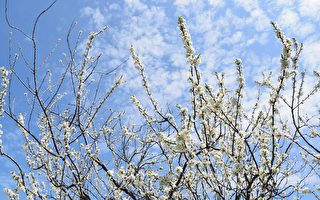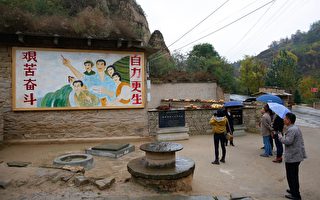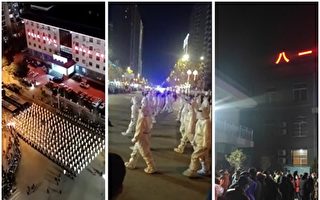一九八八年大學畢業後,我到廣州給外國遊客做導遊。
一九八九年,北京大學生為爭取民主遊行請願時,大學畢業後也在廣州工作的姐姐和我一起,參加了廣州大學生聲援北京大學生的遊行請願。
中國大陸只有最靠近香港的幾個地方,包括廣州,能通過香港電視看到北京正在進行的遊行請願的真實新聞。姐姐和我每天都追看香港電視新聞。
一九八九年六月三日晚,香港電視突然被切斷,同時中央電視台宣佈北京正在進行的遊行請願為「反革命暴亂」。
第二天一大早,我上菜市場買菜時,一位身旁放著半導體收音機的菜農難過的告訴我香港廣播電台的報道:中共已出動軍隊和坦克屠殺學生和市民。
(根據一些西方媒體的報道,至少五千人在六月四日被屠殺。但中共說:「沒有打死一個人!」)。
我當場就哭了起來,心為被殺戮的無辜生命和被中共踐踏的這片東方古土流血。
大屠殺後,越來越多受過教育的大陸年輕人飛往西方國家。
我姐姐是其中一個。(待續)
(英文對照)
Upon graduating from college in 1998, I found a tour guide job working with foreign tourists in Guangzhou, the capital city of Guangdong Province.
In 1989, when Beijing’s universities students went on pro-democracy demonstrations, my sister who had been working in Guangzhou since graduating from college and I joined in Guangzhou’s university students’ demonstrations in support of the Beijing demonstrations.
In mainland China, only a couple places nearest to Hong Kong — including Guangzhou — could watch the true news on the ongoing demonstrations in Beijing through Hong Kong TV. My sister, who had worked in Guangzhou since graduating from college, and I watched the news on Hong Kong TV every day.
On the night of June 3, Hong Kong TV was suddenly cut off, at the same time the CCTV declared that the ongoing demonstration in Beijing was a “Anti-revolutionary rebellion”.
Early the next morning, as I was buying vegetables in the market, a farmer carrying a transistor sadly told me the news from the Broadcasting Station of Hong Kong —
The CCP had sent troops and tanks to massacre the students and citizens.
(According to some Western media, at least five thousand people were killed on that night. But the CCP claimed that it “didn’t kill even one person!”)
I cried on the spot, my heart bleeding for the slaughtered innocent lives and the ancient oriental soil ravaged by the CCP.
After the massacre, more and more young, well-educated mainland Chinese fled to Western countries.
My sister was one of them.
(http://www.dajiyuan.com)













